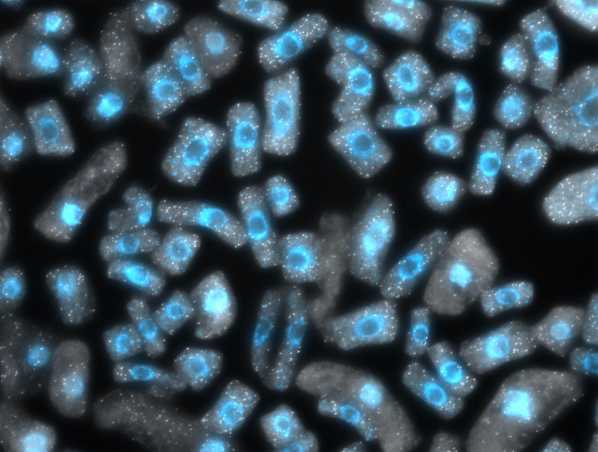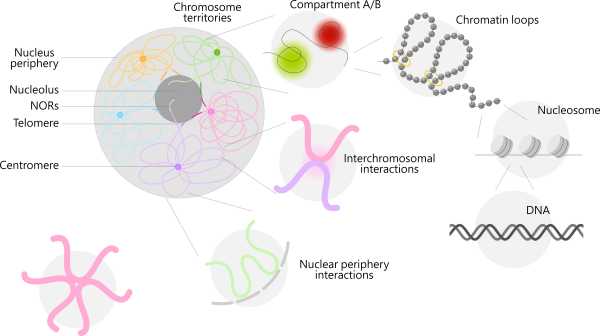Dr. Anis Meschichi
My name is Anis Meschichi (He/Him; They/Them), Non-binary Postdoc at ETHZ in the Department of Biology, in Prof. Bomblies' group in the Institute of Molecular Plant Biology (Zurich, Switzerland).
Throughout my studies, I have been strongly interested in understanding mechanisms involved in nuclear processes (Replication, DNA repair, transcription) in the chromatin context using cutting-edge microscopy.
Since January 16, 2023, I have been a Postdoc at ETHZ in the Department of Biology, in Prof. Bomblies' group in the Institute of Molecular Plant Biology. My current project is to study the nuclear challenges that arise after whole genome duplication (WGD) (Aim 1), and the impact of WGD on cellular processes such as endoreduplication (Aim 2).
(Aim 1) Whole-genome duplication (WGD), which gives rise to polyploids, is a driver of genomic novelty. Polyploidy has contributed to genome diversification in all kingdoms of life. Among plants, polyploid species often exhibit improved growth vigor and stress tolerance, which can confer evolutionary advantages. On the other hand, WGD perturbs chromosome segregation, gene expression regulation, and cell physiology, but little is known about the mechanisms of these challenges, especially at the cellular and nuclear levels; why polyploids often show stochastic variation in traits is also unclear. In eukaryotes, chromosomes are not randomly distributed in the nucleus but are organized into territories and regions that impinge on the regulation of genes as well as pairing and DNA damage repair. However, are chromosome territories disrupted in polyploid organisms? And if so, does it explain the stochastic response to polyploidy?
(Aim 2) Additionally, cells in plant tissues such as roots, leaves, and fruits undergo a cellular process called endoreduplication. The endoreduplicative cycle, or endocycle consists of DNA replication without mitosis, resulting in an increased DNA content and ploidy. Cells can undergo successive endocycles, resulting in an exponential increase of DNA content until a limit. However, the mechanism regulating the number of endocycles remains unclear, particularly when the initial ploidy increases after WGD.
By using a multidisciplinary approach (cytology, genetics, and cell biology) on both aims, we will tackle a longtime mystery, the influence of nuclear DNA content and architecture on an organism's phenotype, or the nucleotypic effect.
external page https://twitter.com/meschichi
external page https://www.researchgate.net/profile/Anis-Meschichi
external page https://www.linkedin.com/in/anis-meschichi/
 Detection of individual mRNA transcripts in single cells of Arabidopsis thaliana roots using smFISH (Single molecule fluorescence in situ hybridization). Representative maximum projection image of squashed root meristem cells with PP2A mRNA (white) and nuclear stain DAPI (blue). (ETH Zurich, Dr. Anis Meschichi)
Detection of individual mRNA transcripts in single cells of Arabidopsis thaliana roots using smFISH (Single molecule fluorescence in situ hybridization). Representative maximum projection image of squashed root meristem cells with PP2A mRNA (white) and nuclear stain DAPI (blue). (ETH Zurich, Dr. Anis Meschichi) schematic representation of the nucleus organization. (ETH Zurich, Dr. Anis Meschichi)
schematic representation of the nucleus organization. (ETH Zurich, Dr. Anis Meschichi)
